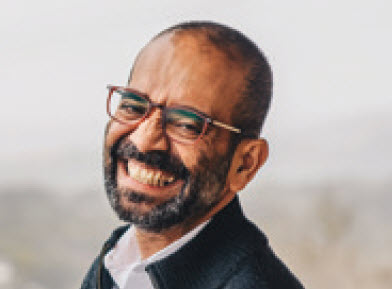Ashish Gadnis Blockchain in 3rd world Countries
Imagine life as one of 2.7 billion people worldwide who live in poverty. You have no identification documents, no credit, no business network, and are “unbankable.”
You work and you survive with no economic identity, traceability, or support network: Small farmers, women entrepreneurs in villages, refugees living in extreme poverty—all are disconnected from the global economy that could sustain them. Then, along comes BanQu, and a man named Ashish Gadnis who offers a real solution using advanced, first-world technology. He is a Godsend for you and your family.
BanQu offers the first and only blockchain records platform utilizing technology to empower the unbankable by helping them create their own economic identity—simply through a cell phone app. An award-winning blockchain-as-a-service company, BanQu fosters transparency, traceability and sustainability for farmers and refugees across the globe by connecting them to global supply chains, brands, organizations and governments.
And, with identity and economic opportunity comes dignity, and a sustainable pathway out of poverty.
A true calling, Ashish Gadnis has an incredible story to tell about his own struggle with poverty and how he translated his experience into a passion for helping others rise out of poverty and into the global economy. He endured hardship growing up in Bombay and standing in ration lines. He came to the U.S. to work with only $240 in his pocket. For three decades and throughout five continents, Ashish has been driven by a higher purpose, one originating from his own life experience, which is gaining him recognition for his social enterprise work in extreme poverty and conflict zones.
The journey of Ashish and BanQu is one of hope, innovation, and opportunity; one that combines the determination of one man to fight extreme poverty with the promise of technology.
Learn more about Ashish and his exciting mission in our cover story on page 36.
recent posts
You may already have a formal Data Governance program in […]

